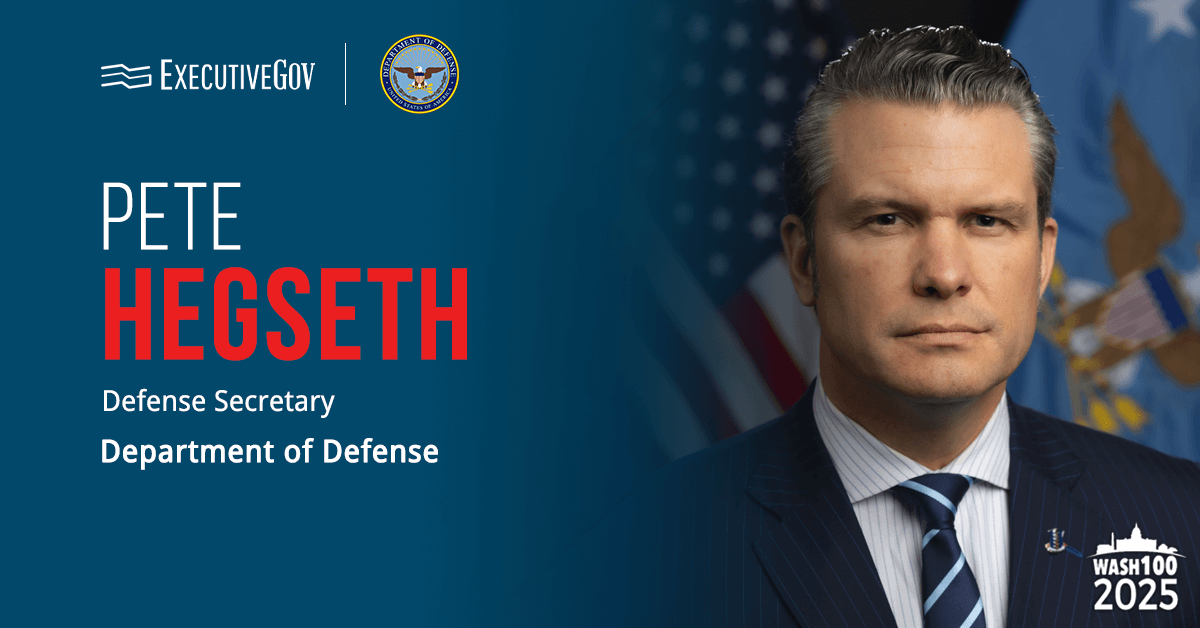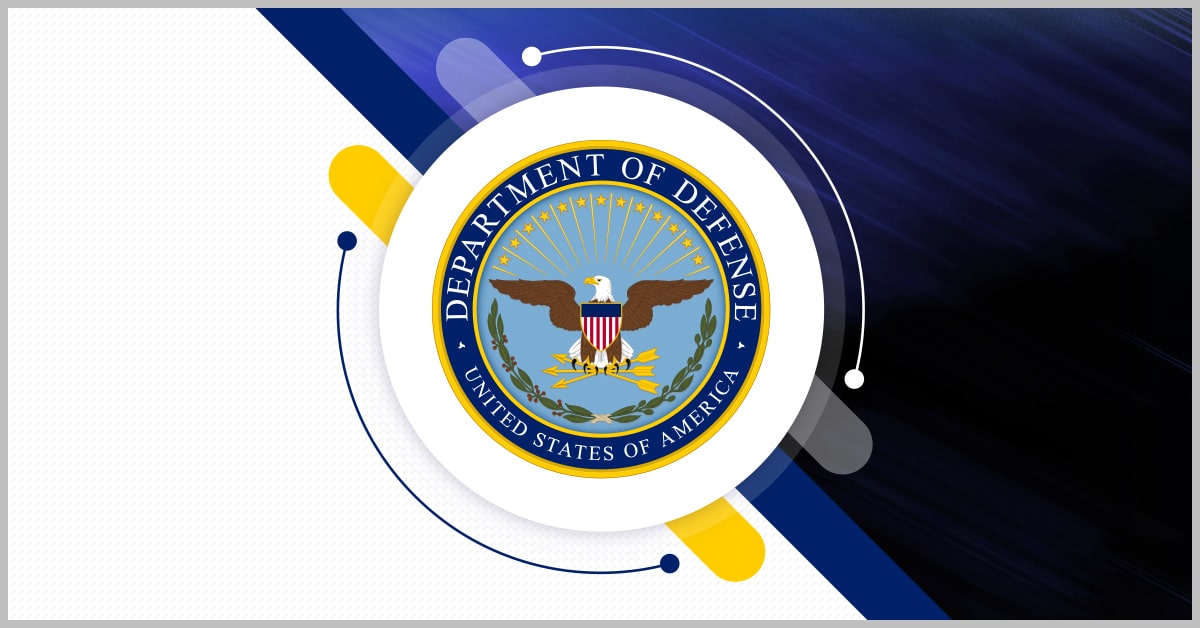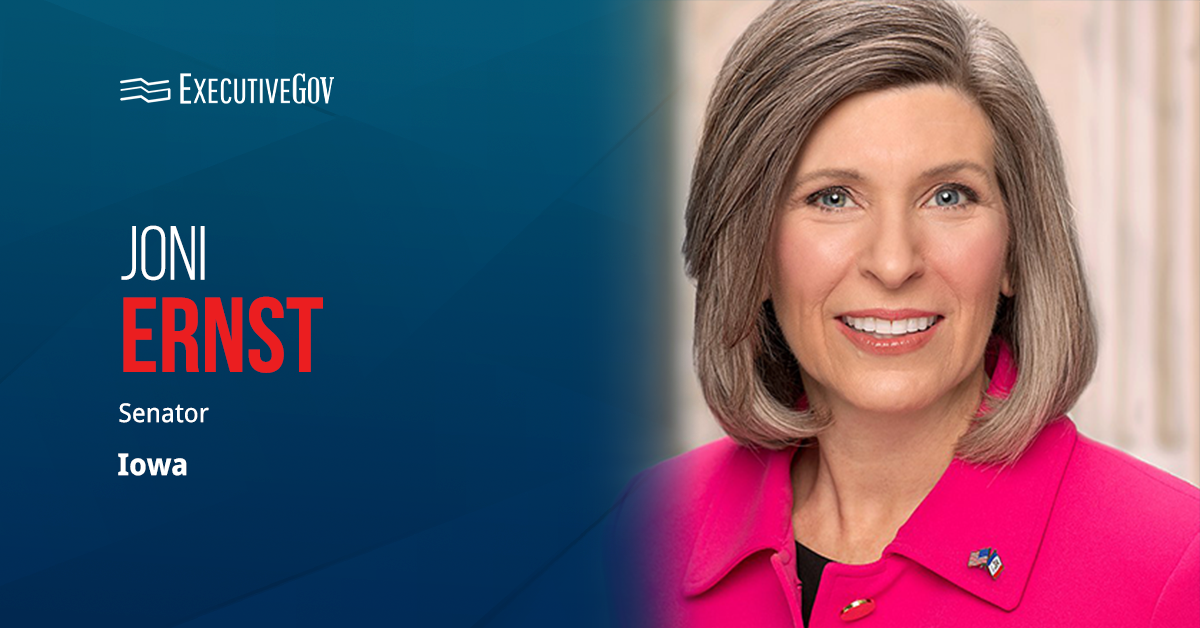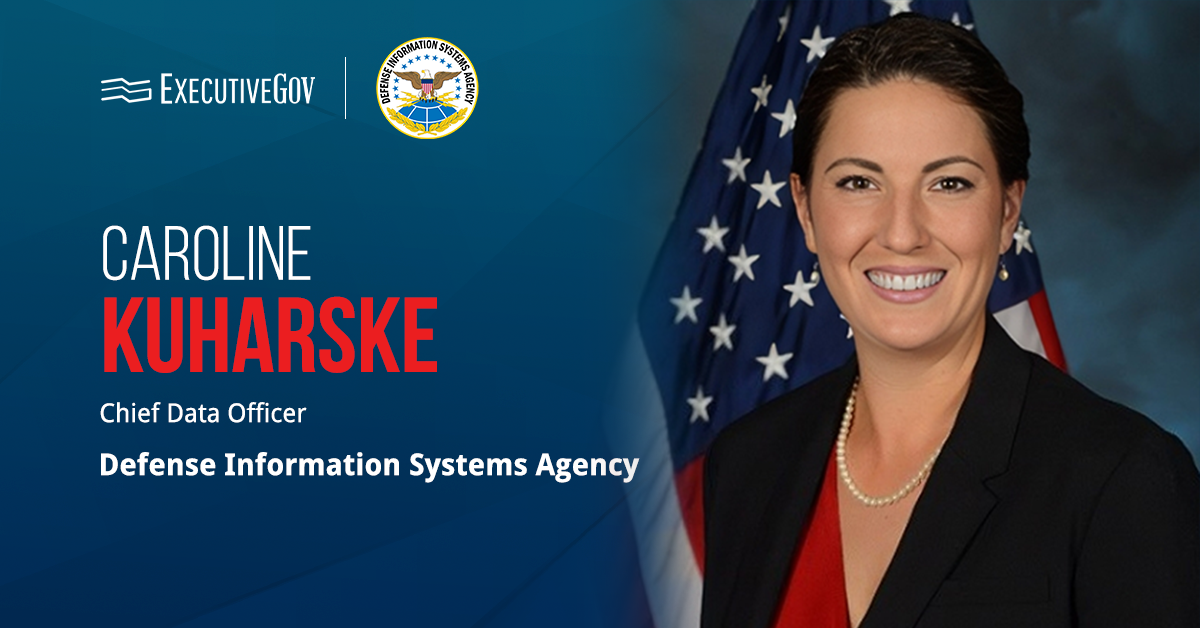The National Institute of Standards and Technology’s National Cybersecurity Center of Excellence has announced the nine organizations who will participate in a project seeking to address challenges associated with DevOps and software supply chain security.
The selected “technology collaborators” in the Software Supply Chain and DevOps Security Practices Project are Black Duck, Dell Technologies, DigiCert, Endor Labs, GitLab, Google, IBM, Microsoft and Scribe Security, NCCoE said Thursday.
Mission: To Design, Build Innovative Technologies
The organizations were selected after submitting proposed capabilities that align with the project’s vision. They signed a cooperative research and development agreement with the government to provide expertise and hardware or software that would be utilized to design and build innovative technologies.
The participants will work with a project team to develop risk-based strategies and recommendations for secure DevOps and software supply chain practices. The effort envisions implementing the DevSecOps practices to proof-of-concept use-case scenarios, which could help organizations identify and mitigate cybersecurity risks posed by the software supply chain.
Launched in May 2023, the project aims to assist organizations maintain the volume and velocity of software delivery by using a cloud-native strategy and automated platforms. It also targets to showcase current and future secure development practices, tools and frameworks to address cybersecurity challenges.











